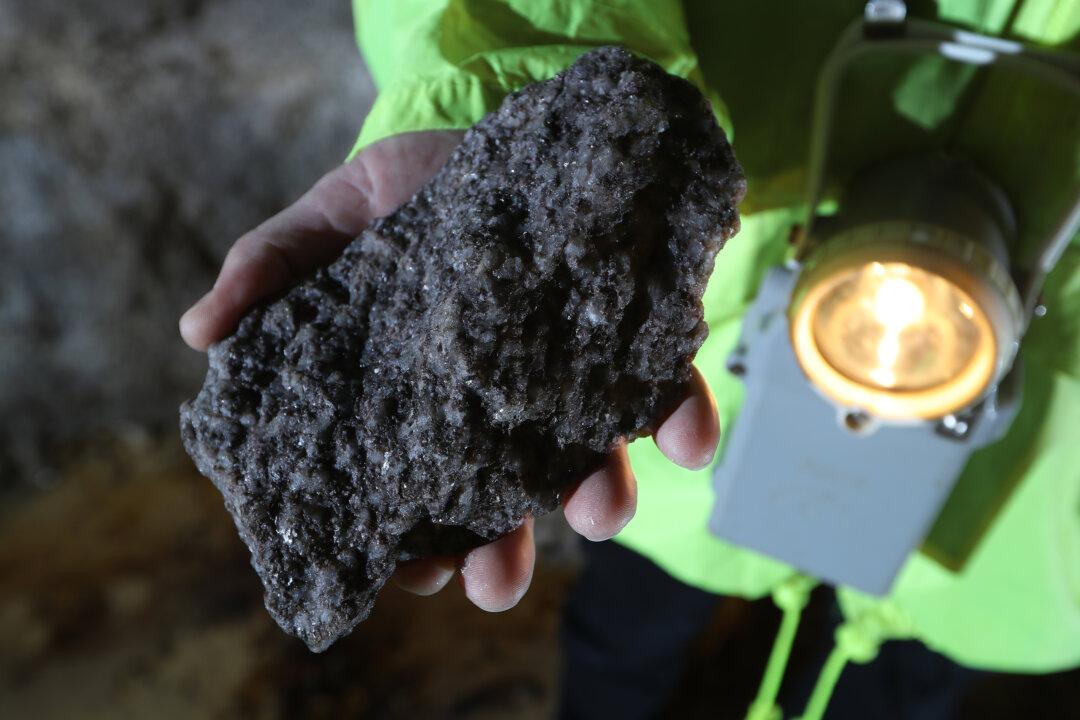India has found 5.9 million tonnes of lithium reserves in Jammu and Kashmir provinces, the country’s first major discovery, which experts believe could help India advance its goal to increase the production of electric vehicles (EVs).
The Geological Survey of India made the discovery in the Salal-Haimana region of Jammu and Kashmir’s Reasi district, according to a statement issued by the Indian Atomic Energy Department.





